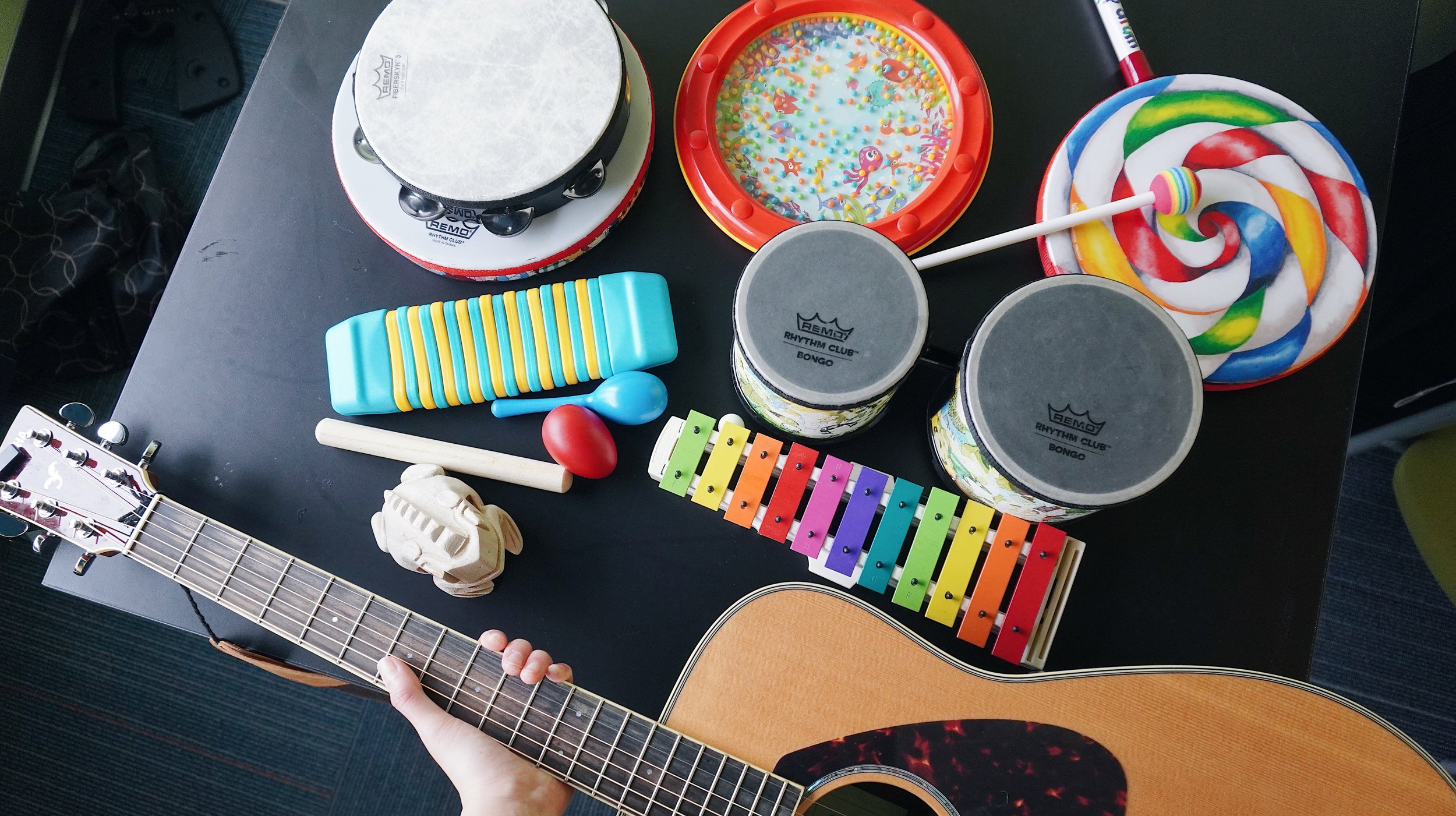
Assisted Living and Memory Care
Music therapy in assisted living and memory care settings involves the use of music to enhance the quality of life and address the unique needs of residents, particularly those living with dementia or memory-related challenges. Music therapy uses the power of music to connect, engage, and stimulate individuals in these settings.
In assisted living and memory care communities, music therapy often focuses on:
Emotional Well-being: Music has the ability to evoke emotions and memories, even in individuals with advanced dementia. It can help residents experience joy, calmness, and comfort, thereby improving their emotional well-being.
Memory Recall: Music has a remarkable impact on memory recall. Familiar songs from a person's past can help trigger memories and encourage communication, fostering connections with others.
Social Interaction: Music therapy encourages residents to participate in group activities, sing-alongs, and musical games. This promotes socialization, communication, and a sense of belonging.
Communication: For individuals who may have difficulty expressing themselves verbally, music becomes a means of communication. Even nonverbal residents can engage through music-making and gestures.
Reducing Agitation: Music can help reduce agitation and anxiety, common challenges in memory care settings. Calming melodies and familiar tunes can provide a soothing effect.
Stimulating Cognitive Function: Engaging in musical activities stimulates various areas of the brain, potentially enhancing cognitive function, attention, and memory.
Creating a Routine: Incorporating music therapy sessions into daily routines provides structure and predictability, which can be especially beneficial for individuals with memory loss.
Family Connection: Music often holds sentimental value for families as well. Sharing musical experiences with loved ones during visits can strengthen relationships and foster positive interactions.
Activities
Music therapists in assisted living and memory care settings are trained to select music that resonates with residents' backgrounds and preferences. They design activities that accommodate various levels of cognitive functioning and physical abilities, ensuring that all residents can participate in some way. Activities might include:
Sing-alongs to familiar songs from different eras.
Playing instruments or engaging in drum circles.
Movement-based activities that encourage physical activity.
Creating personalized playlists for individual residents.
Reminiscence sessions where residents share stories related to music.
Ultimately, music therapy in assisted living and memory care environments aims to enhance residents' overall well-being, provide meaningful engagement, and create moments of joy and connection amidst the challenges of aging and memory loss.

